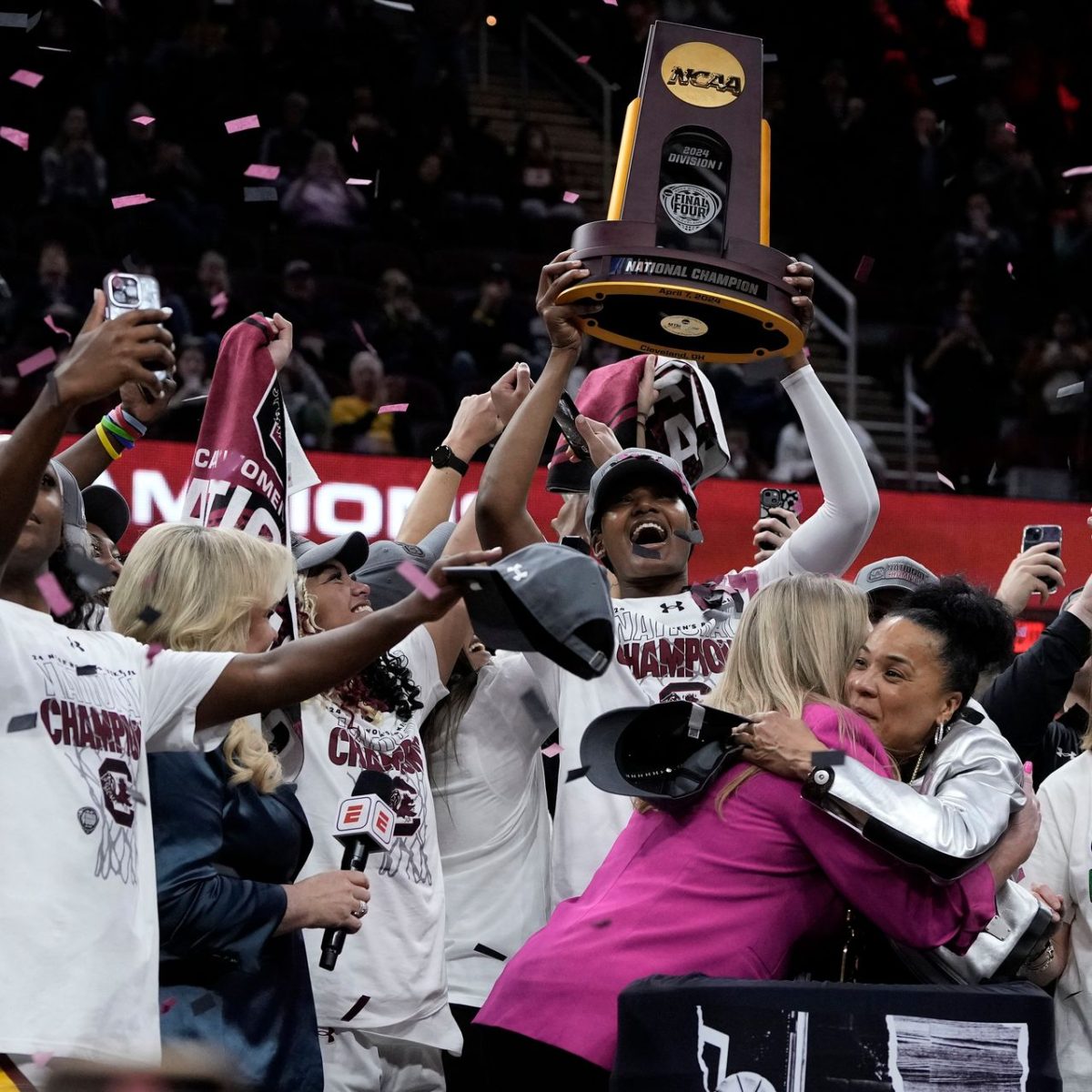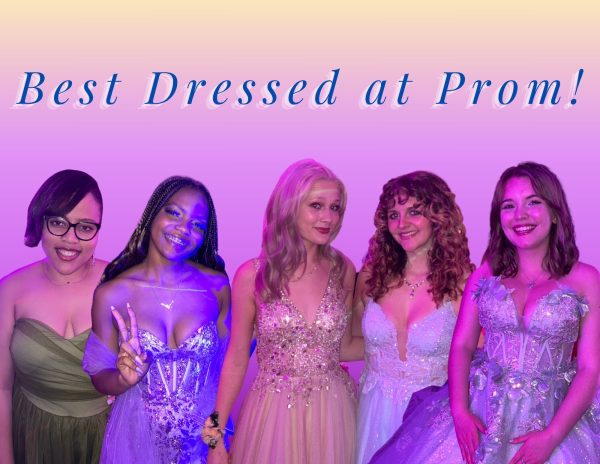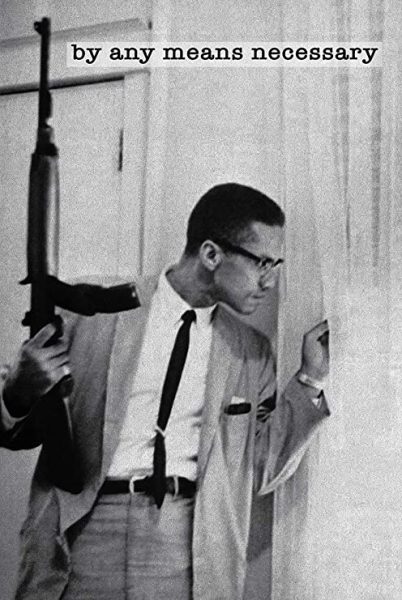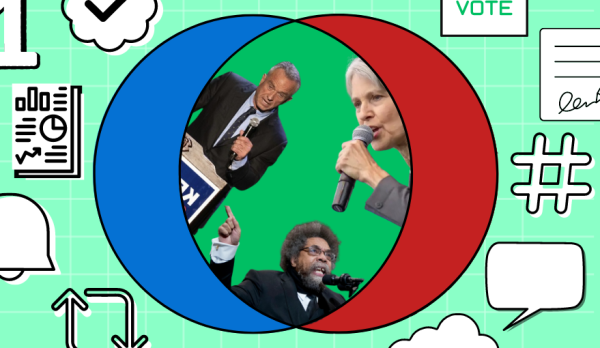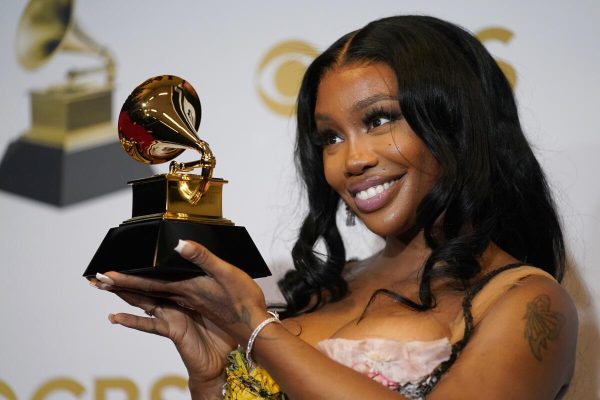Is cultural appropriation offensive?

Sporting dreadlocks, this woman represents the Egyptian and Indian culture the hairstyle originated in. People of other cultures and races should be educated on the cultures that they are taking from.
February 3, 2017
The definition of culture appropriation is when members of a dominant culture take elements from a culture of people who have been systematically oppressed by that dominant group. There are many examples of this in American society today. There is a fine line between being respectful of a culture and completely appropriating that culture for your benefit. In modern society, you can see many examples of people taking ideas, styles and traditions from another culture. Most of the time, this can be very harmless.
One side of the argument on this topic is that it is disrespectful to take a tradition or style from another culture without knowing the true history behind it or knowing its meaning. In March of this year, a white student at San Francisco State University, who happened to have dreadlocks, was assaulted by another black student who did not like the fact that he had dreadlocks. This story gained quite a bit of media attention and sparked a conversation about culture appropriation. The altercation was recorded, and the black student was seen asking the white student about the origin and culture behind dreadlocks, and he seemed to avoid the question. It was inappropriate for the black student to assault the other because of this disagreement, but there is some truth to the offensiveness of the dreadlocks here. Junior Maria Valiente said, “I think if the person has no idea where the dreadlocks/other tradition came from, its history, or has no intentions of learning about the ideas and styles of the other culture then I think it is quite disrespectful. But if they genuinely want to learn more about it, then that’s fine in my opinion.” Personally, I also think it is more acceptable to use the styles and customs of another culture if you learn about and have a respect for where these certain things originated from.
However, it is very disrespectful to take elements of another culture, for your own personal gain. For example, in 2015 former NAACP president, Rachel Dolezal completely changed who she was as a person to further her career. Dolezal was born a white woman. When she became an adult she started to alter her looks in order to identify as an African American and fit in with the black community. Her complexion went from fair to bronze colored, her hair from straight blond to curly brown, and she has claimed to be one hundred percent black throughout her whole adult life. It is evident that she thought that being black would help her career as a Civil Rights Activist and further her success in this field, though she could have done this while still being white. Many people in the black community were outraged and offended that she thought it was okay to lie about her race for so long. After this scandal became a national headline in 2015, Dolezal was forced to take a break from being a public figure, but is now writing a book about her racial identity. Most people believe that she could have successfully advocated for black people without changing her race.
There is nothing wrong with admiring the music, styles, or traditions of another culture, but there is a certain point that it becomes disrespectful and ignorant. People should be aware of the history of certain styles and customs from another culture so that it does not become offensive. Overall, borrowing elements from another culture is okay as long as people remain respectful and understand how a person from the culture being appropriated might react to this.



